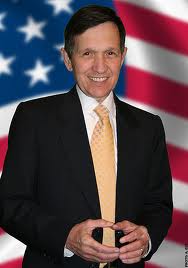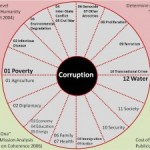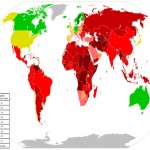
QUESTION: Did Cordesman address intelligence in SALVAGING AMERICAN DEFENSE–The Challenge of Strategic Overstretch?
ANSWER: Actually he did under “Challenge Seven” on inter-agency co-operation. In general his observations on inter-agency co-operation complement what you have often noted over the years. In this chapter he also has a scathing section called “The Impact of New Intelligence Hierarchy” in which he notes “serious limitations” of the DNI, but more interestingly argues that what really need to be reformed are intelligence processes and culture. He also dislikes the phrase ‘information sharing' because it implies that information is proprietary to specific agencies rather than belonging to the government as a whole. He also notes that the Intellgience Community “sometimes seem to have never learned that the Cold War is over.”
Finally he notes that what is really needed in the IC is “real time sharing and fusion of information of all kinds at all levels” rather than mindless protection of information that is of short term value.
It strikes me as very strange that someone like Cordesman who has been Mr. Inside for thirty years would come to roughly the same conclusions as Robert Steele, himself one of the most independent (and perceptive) thinkers on intellgience and information operations issues that I know.
I read Cordsman's treatment of Intellgience issues as evidence that the so-called IC is pretty close to becoming entirely irrelevant.








